Root of the Matter: Mangrove as Lives Saver When Natural Disaster Strikes
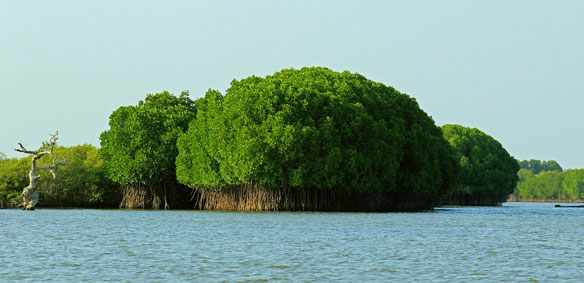
Countless people clung to life in the branches of mangrove trees hemming the shorelines during the deadly 2004 tsunami that killed more than 230,000 coastal residents in Indonesia, India, Thailand and Sri Lanka.
Costa Rica Recognized for Biodiversity Protection
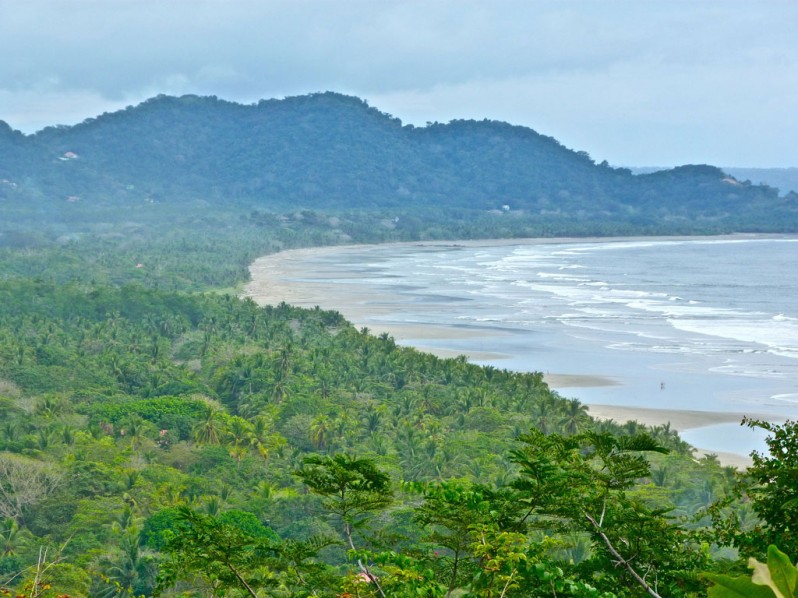
“We are declaring peace with nature,” said Mario Fernández Silva, the ambassador of Costa Rica. The nation wins 2010 Future Policy award for pioneering legal protection of natural wealth. The EU and Canada lead the way to extinction, with China and Brazil close behind,” noted the CBD Alliance.
Protection of Coastal Marine Ecosystems in Sub-Saharan Africa
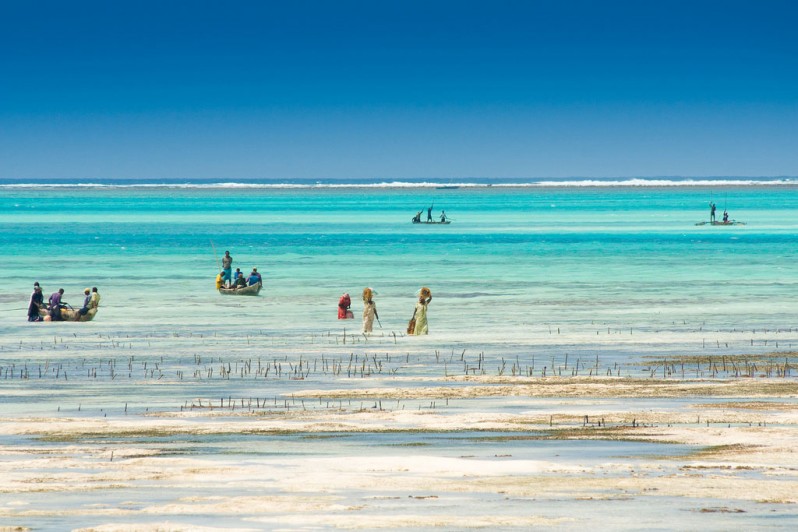
East Africa’s increasing poverty may call upon adopting different conservation strategies to western models and approaches, in order to integrate efficient coastal management without, inadvertently, alienating Africa’s own people.
Call to Heal World’s Reefs
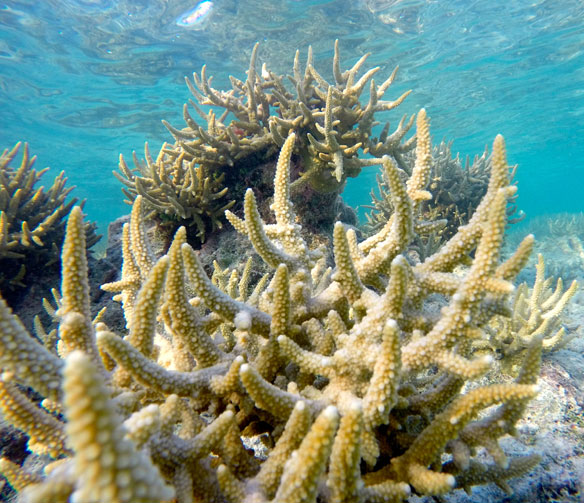
There is still time to save the world’s ailing coral reefs, if prompt and decisive action can be taken to improve their overall health, leading marine researchers said, in a major scientific symposium in Canberra, October 7th and 8th.
Copenhagen Accord Loopholes and Risks to the “Rainforests of the Sea”
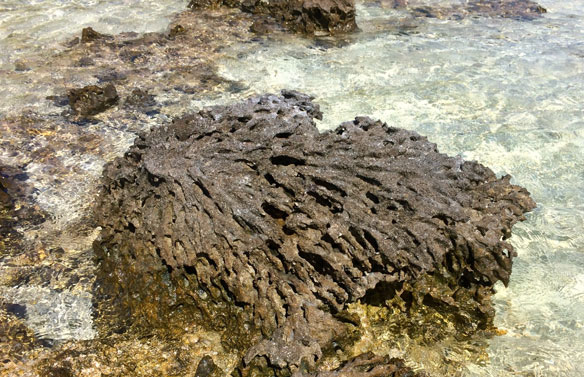
A global temperature increase of up to 4.2 º C and the end of coral reefs, the “Rainforests of the Sea,” could become reality by 2100 if national targets are not revised in the Copenhagen Accord.
The Louder the Reef, the Better Its Health
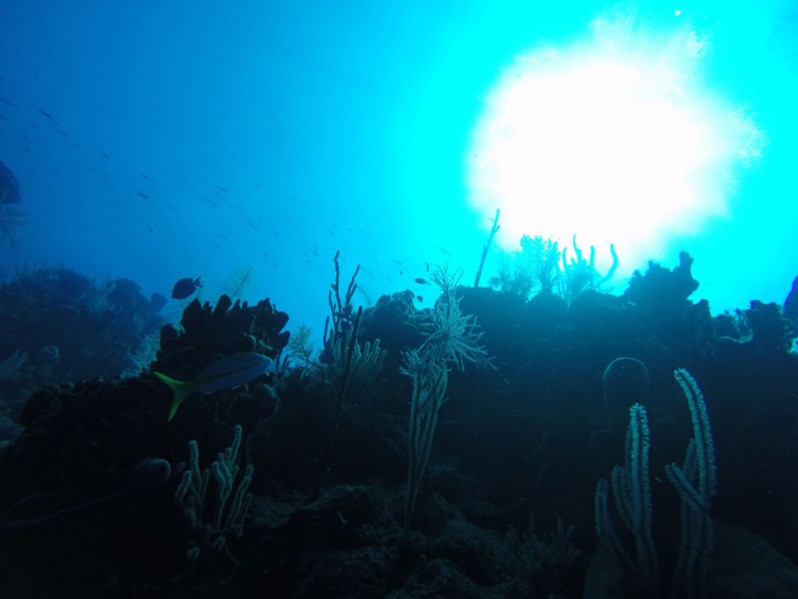
This finding could change the way scientists monitor reefs.
Coral Off Puerto Rico’s Coast Studied for Gulf Oil Spill’s Impact

Coral living off the coast of Puerto Rico may provide researchers valuable information about the potential impact of the Gulf of Mexico oil spill.
Oil spill off Mumbai coast: tangible damage to mangroves
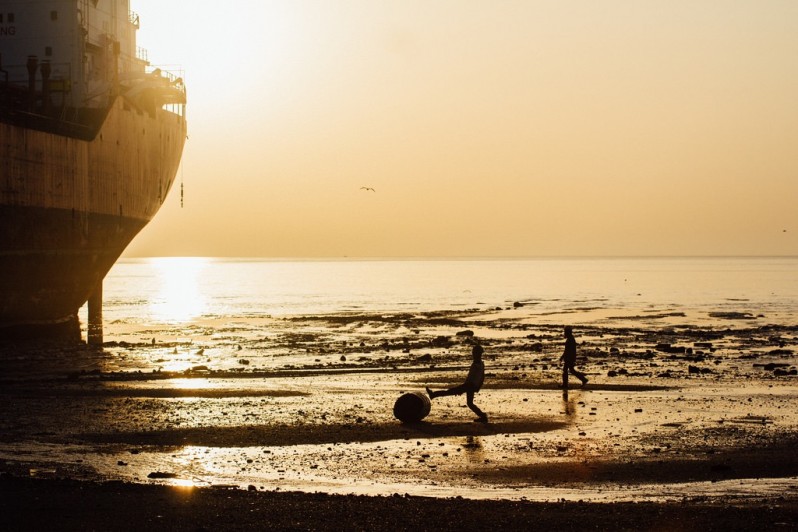
The oil slick from two ships colliding on August 7th off Mumbai coast, was found to have destroyed more than 300 hectares of mangroves and lapped the Elephanta coast.
Jamaica’s Beaches in peril
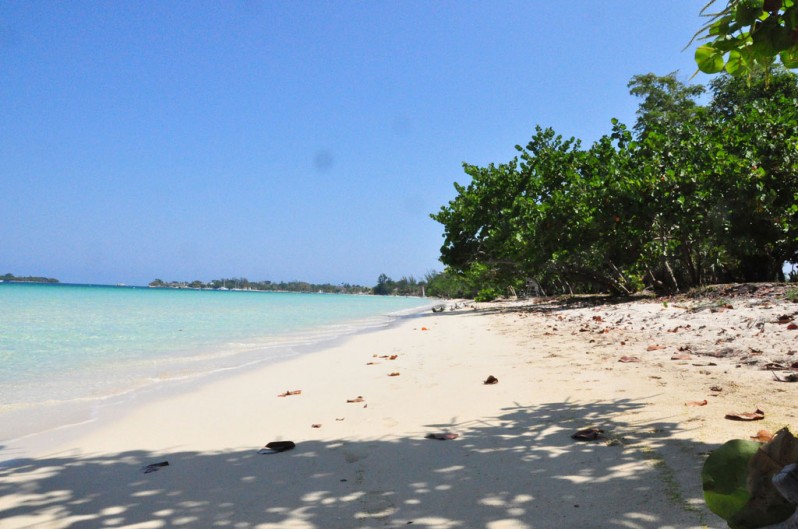
Several beaches on the western end of Jamaica could be totally wiped out in the next 5 to 10 years if local authorities and residents do not act now.
